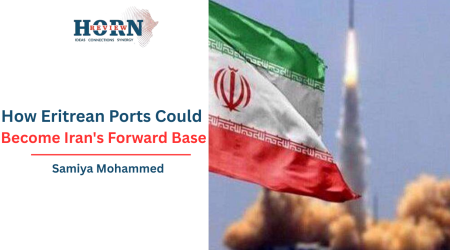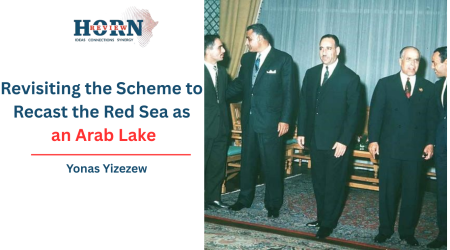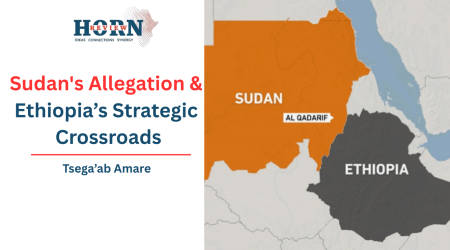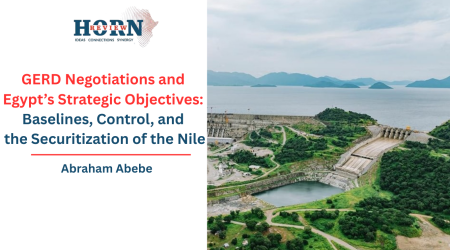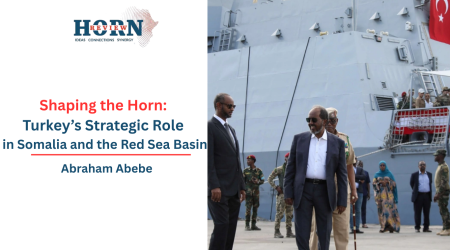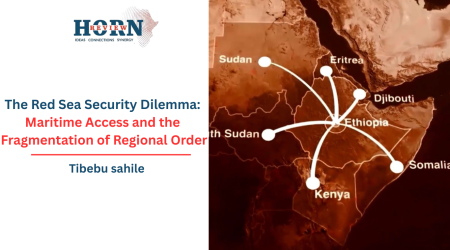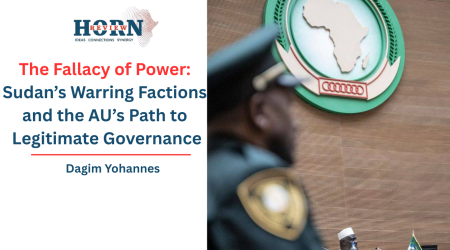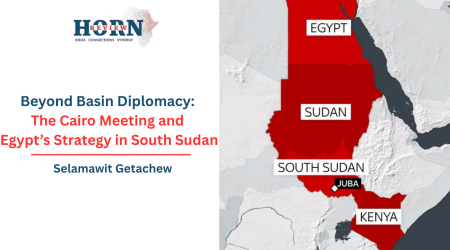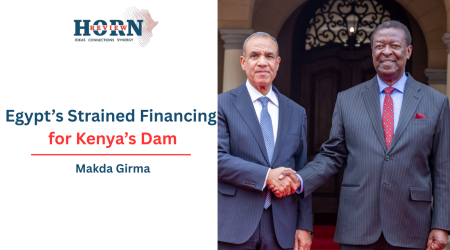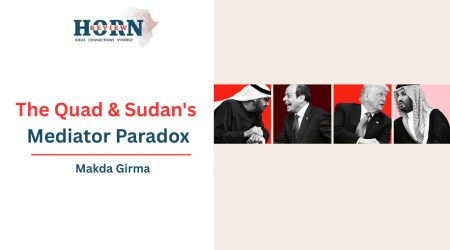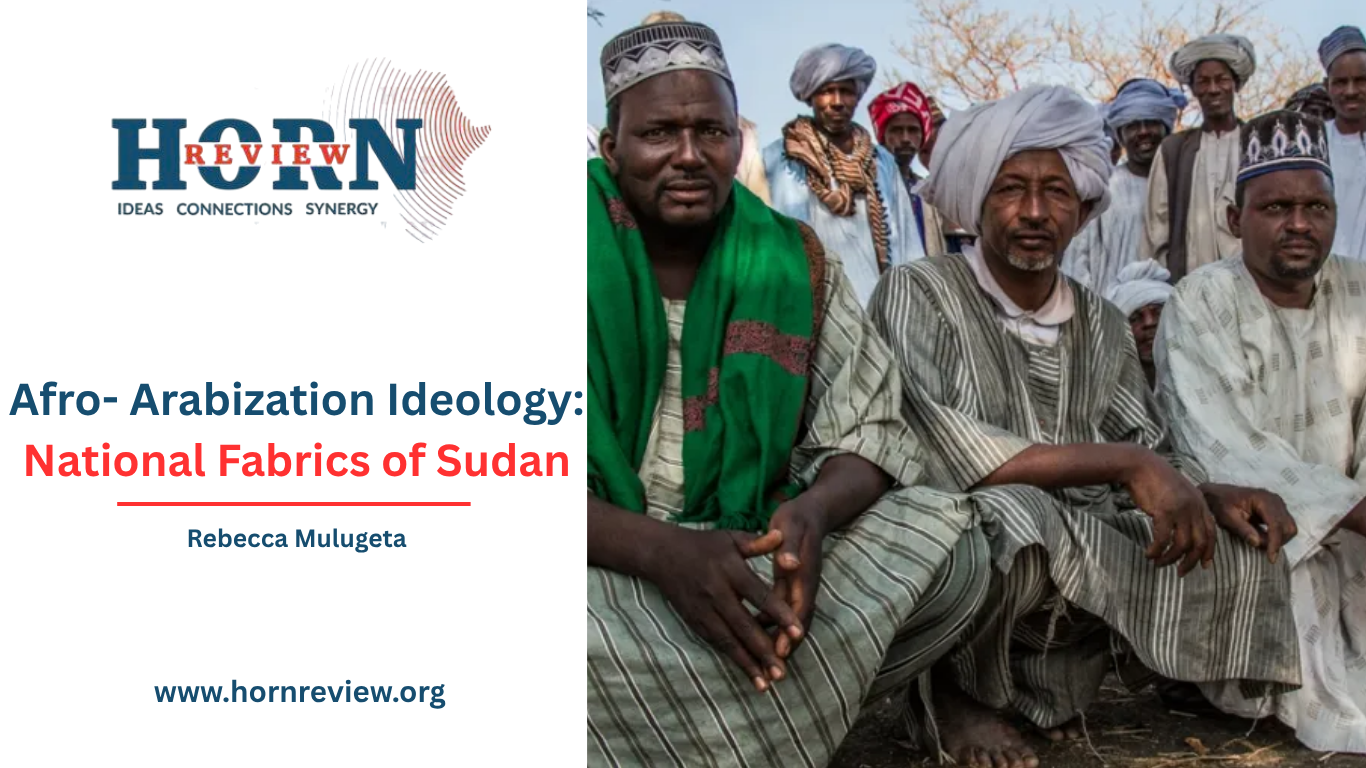
20
Nov
Afro- Arabization Ideology: National Fabrics of Sudan
The story of Egypt’s identity is of a nation caught between two worlds, between being Arab and African; each one molds its identity, its politics, and the place it holds in the world. While its ancient roots and geographic reality ground it firmly in Africa, decades of Pan-Arabism have pitted its Arab identity against this, forming an ironic, often contradictory picture of itself. However, this Arab-centric nationalism often sidelines or complicates recognition of Egypt’s African heritage, leading to internal disputes over identity. What can it say about Sudan, is Sudan mirroring arab african identity issue in its politics and regional setting?
Sudan offers a parallel yet far more acute case of an Arab-African identity crisis that parallels Egypt’s struggles but escalates into violent fractures and state disintegration. Similar to Egypt, Sudan faces overlapping identities where the northern population largely identifies with being Arab, while the southern and peripheral regions identify as African with distinct languages, cultures, and religions. This division has fueled long histories of conflict, including civil wars, as northern elites forwarded policies of Arabization that sought to culturally assimilate and politically dominate African groups. Thus, Sudan’s Afro-Arab identity conflict is less an internal tension that has provoked violent fragmentation and the secession of South Sudan in 2011.
Historically, Sudan’s identity crisis has been deeply shaped by Egyptian influence and imperial ambitions from the 19th century onwards. Following Muhammad Ali’s conquest of Sudan in 1820, Sudan became part of an Egyptian imperial project under Ottoman suzerainty, where Egypt’s rulers propagated a Nile Valley ideology that envisaged Sudan and Egypt as a contiguous Arab-Islamic state led by Egyptian political and cultural elites. This privileged Arab identity as central to the political legitimacy of state authority and relegated African identities, concentrated in the south and peripheral regions like Darfur, to the periphery. The Anglo-Egyptian condominium period from 1899 to 1956 entrenched these Arabizing policies, framing African identities as backwards and separatist threats, thus institutionalizing exclusion and marginalization.
Even in the wake of Sudan’s independence, Egyptian political influence persisted strongly through support for northern Arab nationalists who sought to keep an Arabized Sudan as integral to regional unity and the security of Nile waters. Egypt’s strategic interests in the north meant supporting northern elites and maintaining exclusionary Arabization policies that have marginalized African identities and fomented resistance movements into civil wars and the secession of South Sudan. This dynamic illustrates Egypt’s shaping role of Sudan’s Arabized political elite and the deeper identity schisms which have torn the nation apart.
Darfur epitomizes the continuing Afro-Arab tensions in Sudan. The indigenes, such as the Fur, Zaghawa, and Masalit, have traditionally resisted centuries of Arabization and marginalizing policies aligned with Egyptian-influenced narratives. Darfur is presently under the control of the Rapid Support Forces, a paramilitary organization with roots in Arabized militias linked to the historic Janjaweed forces. While today the RSF embodies Arab-centered authority, the African populations have continuously asserted their distinctive identities and corresponding political aspirations, refusing to cede their heritage. This creates a problematic situation for peace and creates existential questions about Darfur’s political future, possibly as an independent entity driven by its African identity, thus creating more structure in Sudan.
Though Darfur remained relatively autonomous until it was formally annexed into the Anglo-Egyptian Sudan in 1916, following the fall of the Sultanate of Darfur, both Egyptian and later British colonial administrations largely neglected Darfur’s development and political inclusion in favor of central Sudanese regions. The colonial legacy thus left Darfur politically marginalized, with a very weak state presence that contributed to long-standing grievances. These historical marginalizations were exacerbated post-independence by Sudanese governments dominated by Northern Arab elites that championed Arab supremacy and the political exclusion of Darfur’s African populations, thus intensifying ethnic divides and allowing state-supported militias in the Darfur conflict. Therefore, though Egyptian rule contributed to Darfur’s peripheral status, the root causes of the Arab-African divide and violent conflict lie predominantly in colonial neglect, post-colonial state centralization, and exclusionary identity politics rather than Egyptian rule.
This crisis of Afro-Arab identity is poignantly manifested in the conflict between the SAF and the RSF. The SAF emanates from a state ideology of Arab nationalism, which struggles to maintain centralized control under an Arab-centric state in the face of fragmentation. The RSF, on its part, espouses control through military dominance, with fierce linkages to Darfur’s Arab militias. This violent contest for power and identity has deep-seated roots in what has long been regarded as a political challenge to using resources, rooted in historical grievances caused by Egypt’s long-standing Arabization influence and internal ethnic and cultural contests in Sudan.
Egypt’s influence within Sudan is multilayered, reaching deep into political, security, and regional diplomatic spheres. Egypt has long played an instrumental role in shaping Sudan’s identity and political outlook, especially through its long-standing promotion of Arab nationalism and Arabization policies that sought to align Sudan culturally and politically with the Arab world. This influence is closely related to Egypt’s strategic interests regarding the Nile River, regional security, and keeping a politically stable southern neighbor.
Sudan is, diplomatically, with several states that Egypt put with Djibouti to the League-a regional organization of Arab states whose founding and still dominant member is Egypt. Egypt has utilized its position in the Arab League especially concerning matters such as the security of Nile water and the dispute over the Grand Ethiopian Renaissance Dam. The Arab League has steadily supported Sudan and Egypt’s water rights as integral to Arab national security under the leadership of Egypt, passing resolutions against Ethiopia. This solidarity affirms Sudan’s place within the Arab world and reinforces the political alliance shaped by Egyptian influence.
In addition, since the eruption of conflicts and political turmoil in Sudan, especially after the removal of Sudanese president Omar al-Bashir in 2019, Egypt has engaged in active diplomatic and security cooperation with Sudan. Egypt has worked through the Arab League to hold emergency meetings, coordinate regional responses, and provide support for Sudan.
Egypt’s role in Sudan, amplified by its Arab League membership, both reflects and reinforces the Arab identity Sudanese political elites often emphasize, contrasting with the diverse African identities within Sudan that challenge Arabization. Egypt’s geopolitical strategy encourages Sudan’s alignment within the Arab League framework, strengthening its Arab identity narrative and political positioning regionally. However, this approach also underlines tensions and fractures within Sudan’s society stemming from the contested Afro-Arab identity, which continues to fuel conflict and fragmentation.
The consequences of this Afro-Arab identity classification and Egyptian-influenced political hierarchy are stark. African Sudanese communities in Darfur, the south, and other marginalized areas have experienced political exclusion and oppression, fueling violent resistance and societal fragmentation. This dynamic led directly to South Sudan’s secession and continues to feed the current violent conflict, where ethnic and identity lines dictate power struggles and governance. With Darfur under Arab-dominated military control, tensions persist, risking renewed violence or territorial fragmentation.
The continuing conflict between SAF and RSF and Darfur’s long-standing violence bear grim witness to the fragility of identity-based nation-building in post-colonial Africa. Sudan’s tragedy is further compounded by its position in the valley of the Nile and the impact that Egypt has had on both its political and social arrangements. The complex interconnections among identity, state power, and regional hegemonies hold the key to devising peace and governance strategies. These must be designed in ways that will respect Sudan’s multifaceted African and Arab heritage without perpetuating exclusion or division.
In short, the Afro-Arab identity crisis of Sudan, promoted and kept ablaze over the centuries by Egyptian influence and Arabization policies, remains a central driver of its fragmentation and conflict. The experiences of Darfur and South Sudan provide stark illustrations of the costs of political exclusion institutionalized by identity classification. Grasping these historical underpinnings and present-day realities is imperative for a shift away from conflict toward unity within the nation, built upon inclusiveness, respect, and pooled sovereignty.
By Rebecca Mulugeta, Researcher, Horn Review

